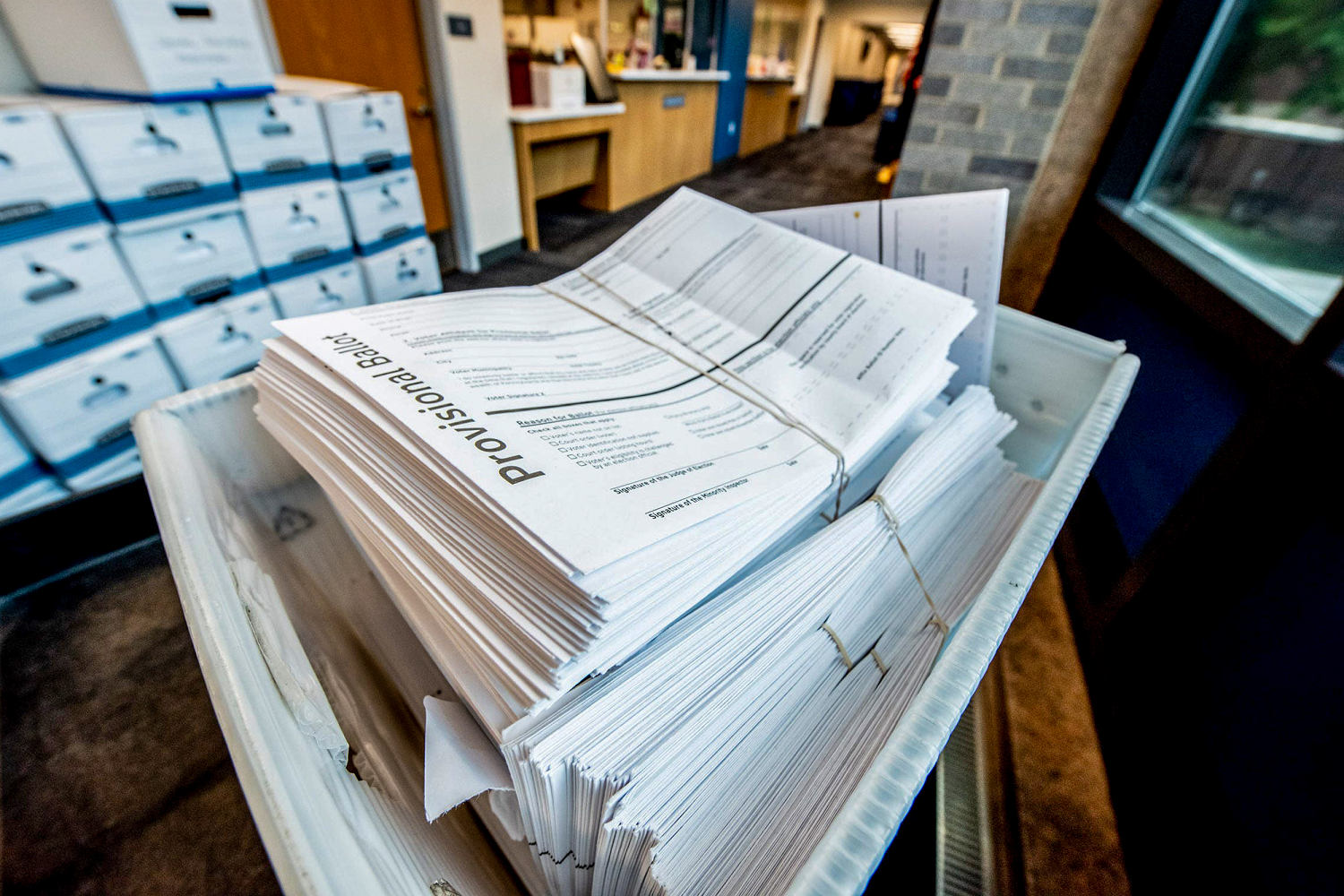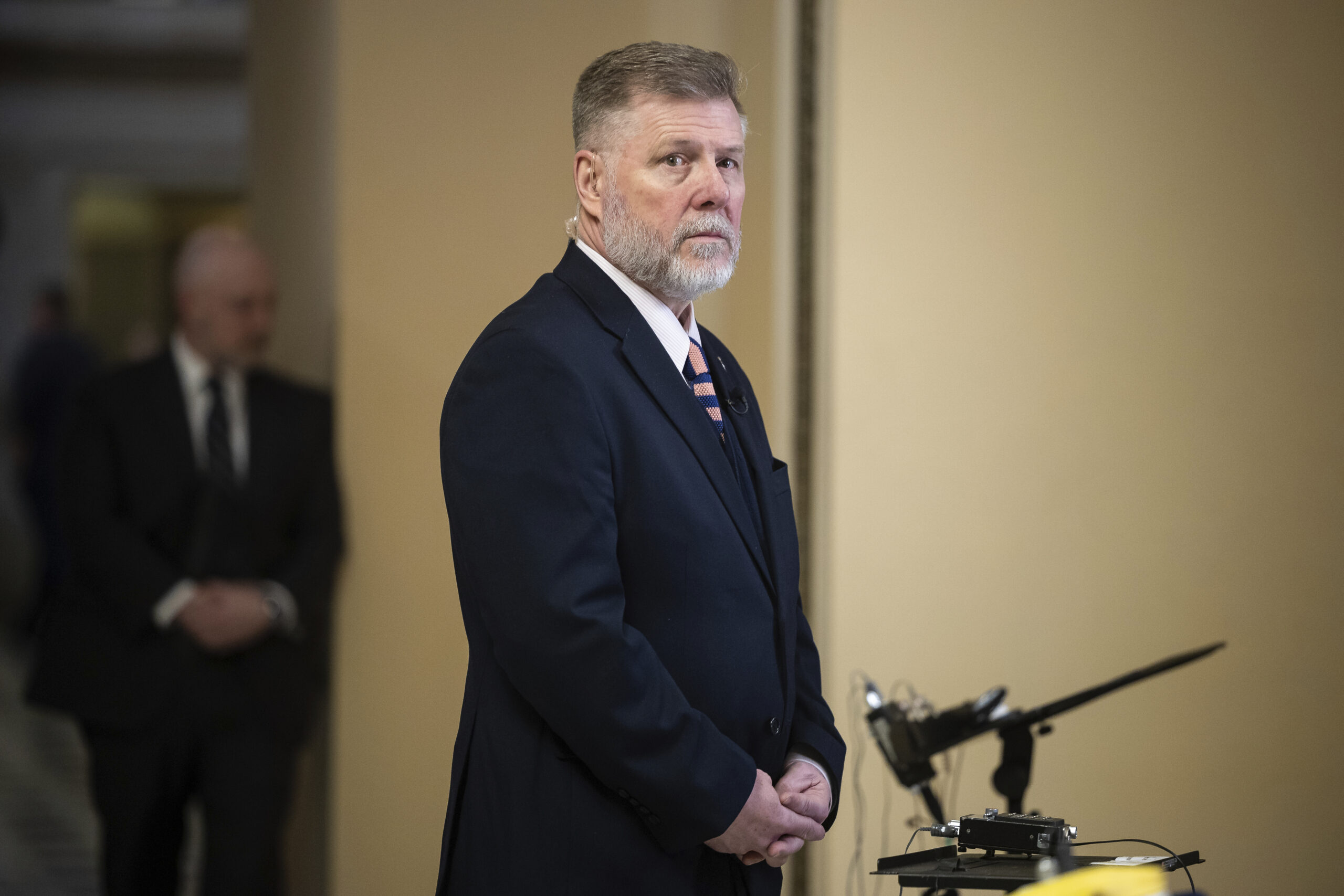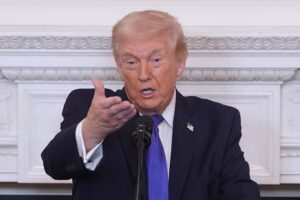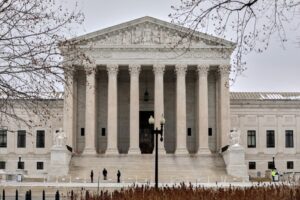Politics
Don’t buy into conspiracy theories about provisional ballots

This article is the fifth in a five-part series called “Protecting the Election.” As former President Donald Trump and many of his allies refuse to concede his defeat in the 2020 election, this BLN Daily series brings election law and policy experts to explore the many threats to certifying election results at both the state and national levels.
In a recent op-ed for MSNBC, I noted that in elections, “everything looks suspicious when you don’t know how anything works.” As Election Day draws near, that dictum will be true of more and more election practices.
With potentially razor-thin margins separating winners and losers, provisional ballots are fertile ground for legal wrangling and false claims.
Election administration is a complex mixture of laws, rules and technology — and ignorance of how elections are run can lead to misunderstanding or baseless conspiracy theories. Almost anything can become a target of suspicion and contention. In a scorched-earth strategy to undermine the legitimacy of the presidential election in case he loses, former President Donald Trump and his allies have already raised evidence-free doubts about “noncitizen voting,” military and overseas ballots and voter registration.
It’s likely that provisional ballots will soon be added to that list. After post-election ballot counting begins, with potentially razor-thin margins separating winners and losers, provisional ballots are fertile ground for legal wrangling and false claims. Like mail ballots, provisional ballots take time to count; it’s difficult to estimate how many there will be (though they will exceed 1 million, based on past election data); and they are likely to be counted last. For all of these reasons, provisional ballots invite rumors and potential confusion.
Provisional ballots are issued to voters whenever there is uncertainty, for whatever reason, about a voter’s eligibility to vote in person. Whether a provisional ballot will ultimately be accepted and counted (or rejected) depends on additional research about the voter’s eligibility, which election officials perform post-election.
Provisional ballots are required under the federal Help America Vote Act (HAVA) of 2002, which created this failsafe to help ensure eligible voters are not turned away from the polls if there are errors associated with their registration. Exemptions were granted to states that had enacted same-day voter registration by 1993, and currently every state except Idaho and Minnesota issues provisional ballots.
Because the 10th Amendment results in a decentralized system of election administration in the U.S., each state handles provisional ballots differently, but there are common reasons for using them.
A typical case might be when a voter goes to vote in person, provides ID credentials, and, after checking the voter rolls, the poll worker says, “There appears to be an issue with your registration.” Perhaps the voter’s name doesn’t appear in the records; or the address in the records doesn’t match the voter’s ID; but the voter insists that they’ve been voting at the polling location for years. In this case, the poll worker issues a provisional ballot.
During the post-election counting period, everyone should be patient and resist baseless ‘noise’ about provisional ballots.
Other reasons to issue a provisional ballot might include: The voter doesn’t have appropriate ID credentials; the voter applied for a mail ballot, but now they wish to vote in person (e.g., if the voter never received their mail ballot); the voter is attempting to vote at a precinct or jurisdiction different from their registration; or records indicate that the voter has already voted. Different states might have additional reasons to use provisional ballots, but these are the most common scenarios.
When a provisional ballot is issued, poll workers keep it separate from regular ballots that go into the ballot box (because research is required to determine whether the ballot can be counted or not). Typically, the voter marks a paper provisional ballot that is inserted into a secrecy envelope. Provisional ballot envelopes are typically printed with space for the voter to record their personal information, and, most importantly, an affidavit or attestation that the voter must sign indicating their eligibility to vote.
The content of a provisional ballot remains private while election officials research the voter’s eligibility. Because the resolution of provisional ballots takes time, election officials often investigate these ballots later in the counting cycle. If a voter’s eligibility is confirmed, the ballot is “unsealed” and counted; and if the ballot is rejected, it’s never opened. HAVA requires state or local election officials to give voters information about how to learn whether their provisional ballot was accepted and counted (and, if not, why not). Some states allow voters to check the status of their ballot through online portals.
During the post-election counting period, everyone should be patient and resist baseless “noise” about provisional ballots. The point to remember is that there are entirely legitimate administrative reasons that might prevent a poll worker from knowing with certainty whether someone is eligible to vote at the moment they check in at the polling place; and in those instances, instead of turning the voter away, a provisional ballot ensures a “holding zone” to prevent disenfranchisement.
Most importantly, provisional ballots are a critical test of the “one person, one vote” rule. Counting ballots is more than just counting; it’s an intensive, laborious, multistep process with rigorous protocols to protect the integrity of the vote. Election officials are trying to accept as many valid provisional ballots from as many eligible voters as possible (i.e., to prevent disenfranchisement), while also rejecting ballots from ineligible voters (i.e., to preserve integrity). Officials must follow state laws and policies and verify that all requirements have been met, and no election results are finalized until all provisional ballots have been resolved. Every valid ballot is counted — and invalid ballots are not.
This methodical process ensures a free and fair election that values both integrity and voter participation.
Edward Perez
Edward Perez is a board member at the OSET Institute, a nonpartisan nonprofit that seeks to enhance public confidence in the legitimacy of election outcomes in democracies around the world. He is the former director of product management for information integrity at Twitter, and a 16-year veteran of the voting technology industry in the U.S.
Politics
White House wants a reprieve in spy-powers fight that is splitting the GOP

The Trump administration is pushing for a clean extension of Section 702 surveillance authority ahead of an April deadline…
Read More
Politics
White House wants a reprieve in spy-powers fight that is splitting the GOP
The Trump administration is pushing for a clean extension of Section 702 surveillance authority ahead of an April deadline…
Read More
-

 The Dictatorship1 year ago
The Dictatorship1 year agoLuigi Mangione acknowledges public support in first official statement since arrest
-

 Politics1 year ago
Politics1 year agoFormer ‘Squad’ members launching ‘Bowman and Bush’ YouTube show
-

 The Dictatorship5 months ago
The Dictatorship5 months agoMike Johnson sums up the GOP’s arrogant position on military occupation with two words
-

 Politics1 year ago
Politics1 year agoBlue Light News’s Editorial Director Ryan Hutchins speaks at Blue Light News’s 2025 Governors Summit
-

 Politics1 year ago
Politics1 year agoFormer Kentucky AG Daniel Cameron launches Senate bid
-

 The Dictatorship1 year ago
The Dictatorship1 year agoPete Hegseth’s tenure at the Pentagon goes from bad to worse
-
Uncategorized1 year ago
Bob Good to step down as Freedom Caucus chair this week
-

 Politics10 months ago
Politics10 months agoDemocrat challenging Joni Ernst: I want to ‘tear down’ party, ‘build it back up’






